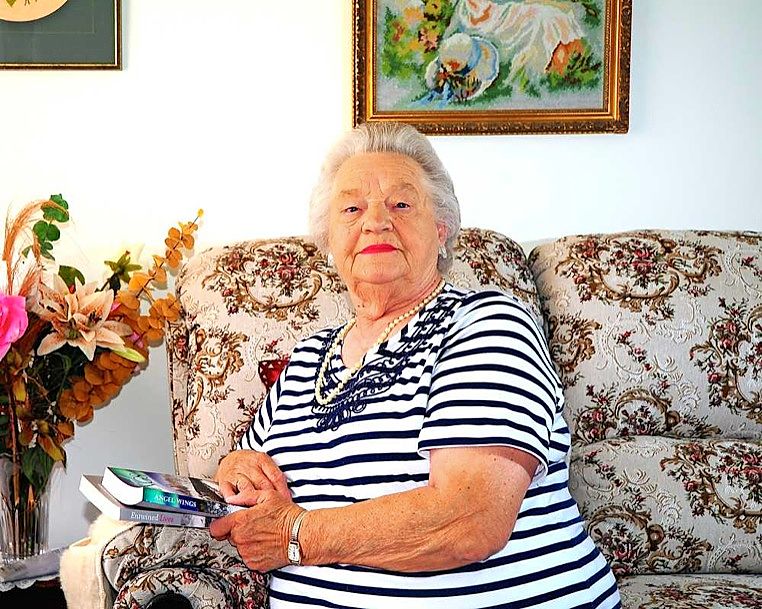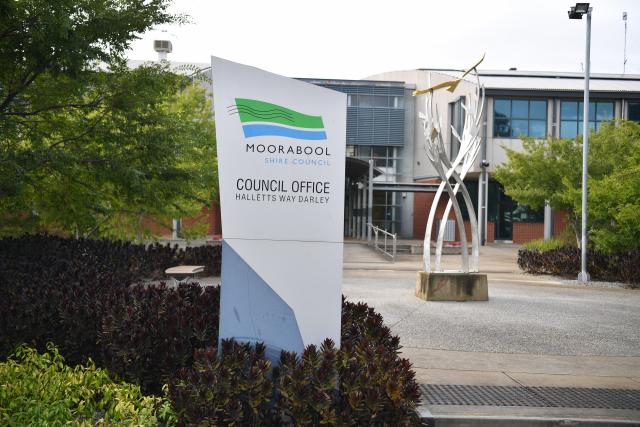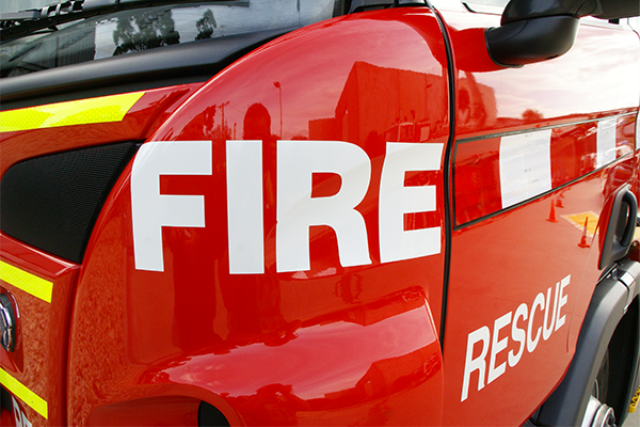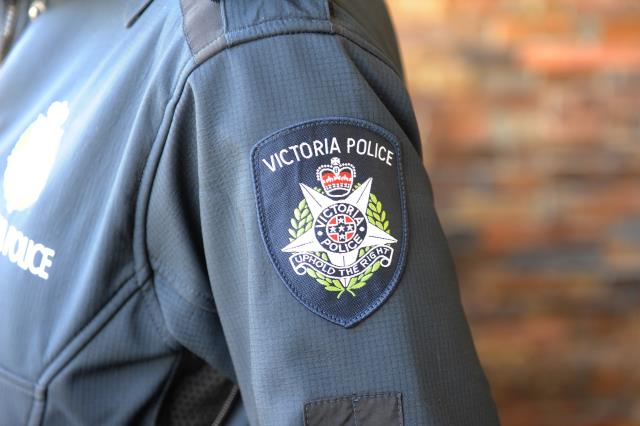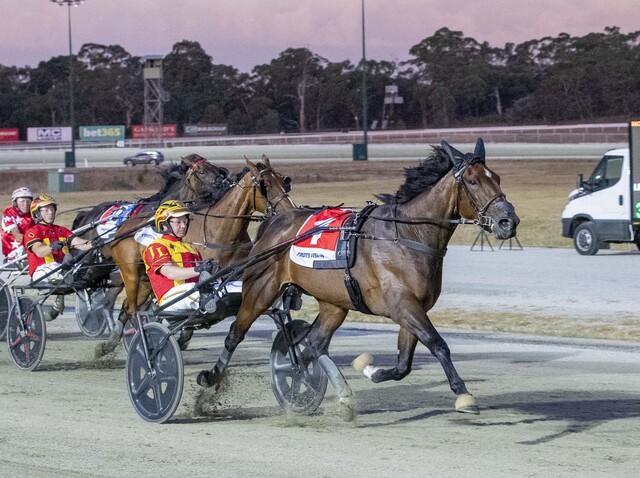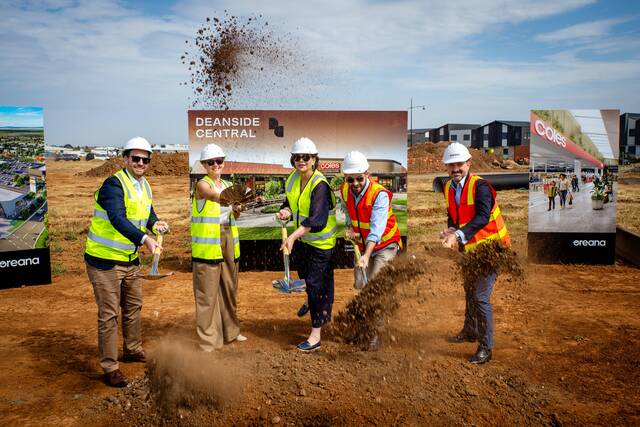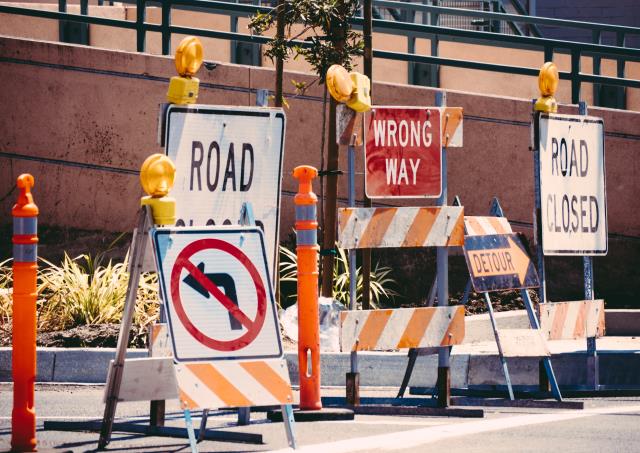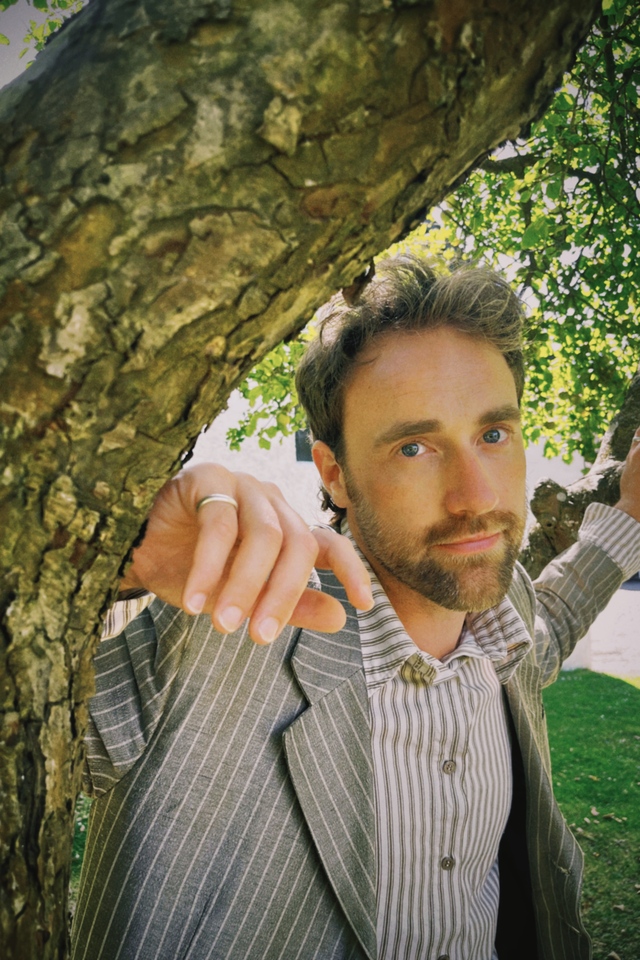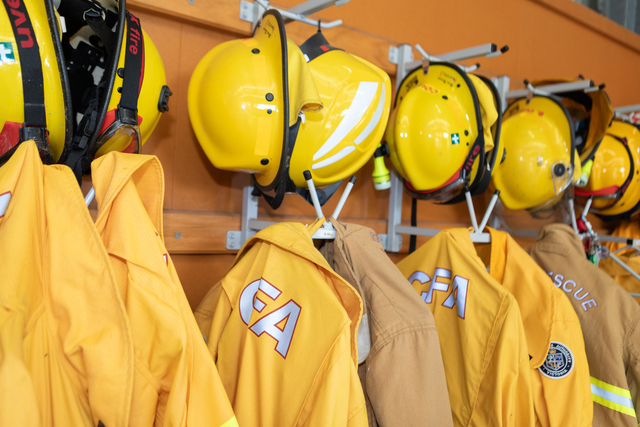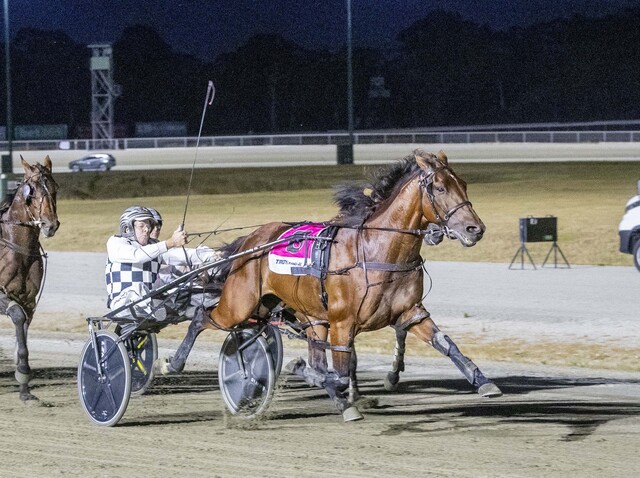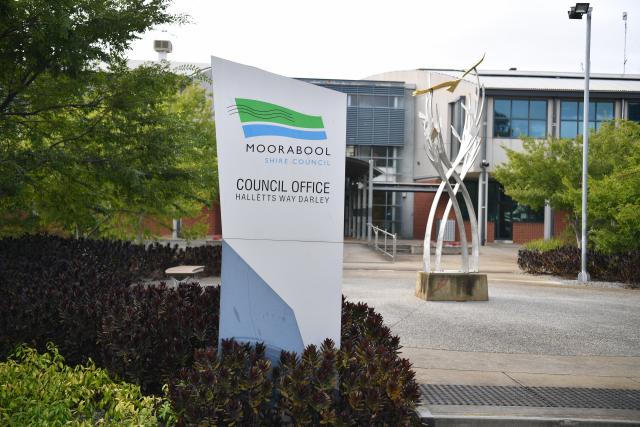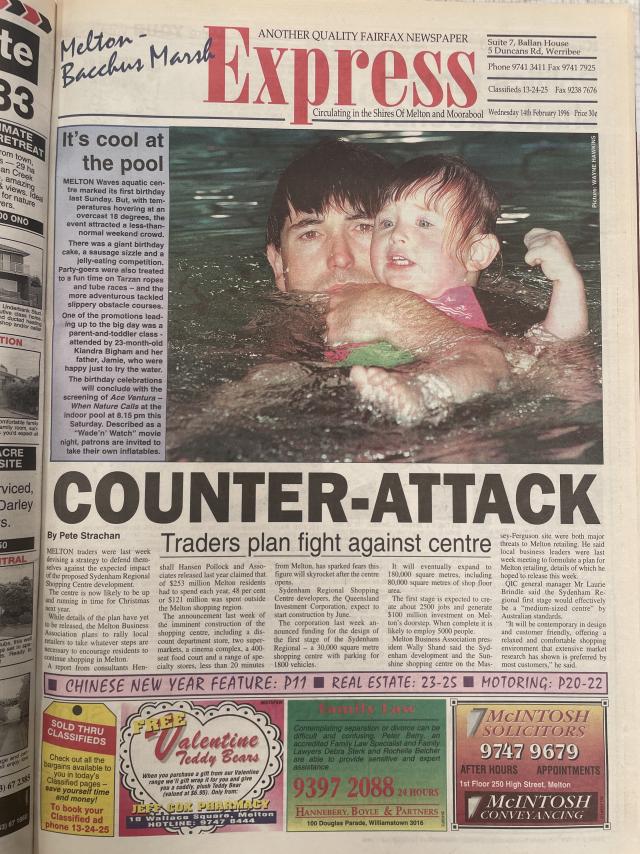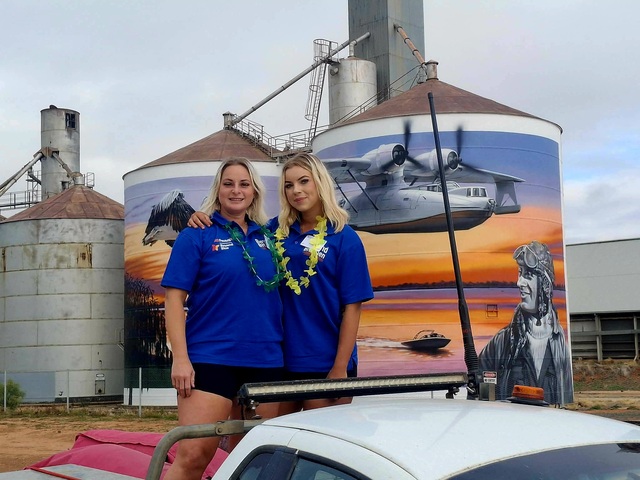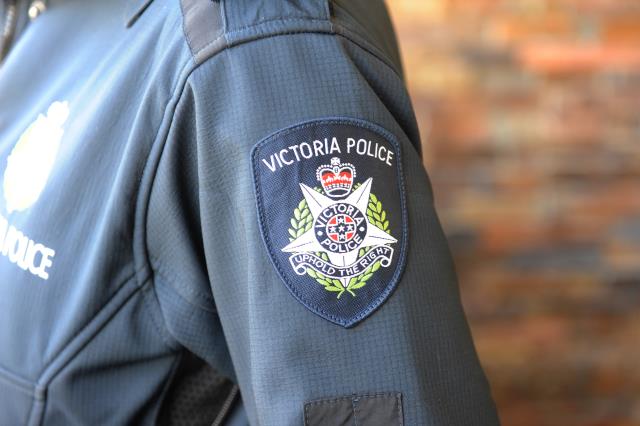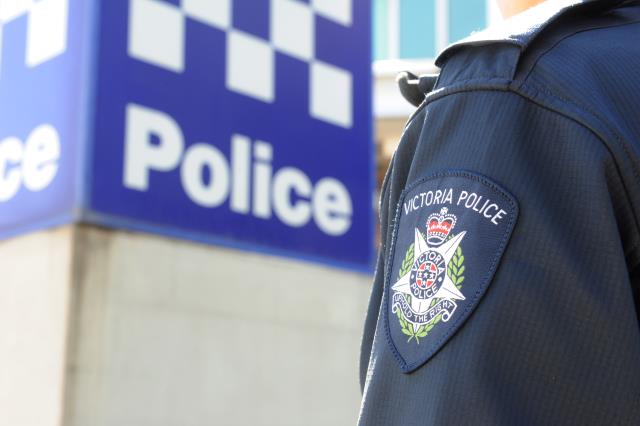Clara Franklin was a child when German soldiers executed her Polish father in WWII. The 83-year-old from Brookfield spoke to Sumeyya Ilanbey about life and writing her third book.
What are some of the earliest memories you have of your childhood?
I don’t remember before the war because I was very young, but when the war broke out we lived very close to the German border [in Poland]. My father was a glider instructor. On my fifth birthday, two soldiers came to our house, demanding my father teach gliding to the Hitler Youth, but he refused. He was arrested and later executed.
You were taken from your family at a very young age – what was that like?
Two years after my father’s execution, in the middle of the night we were awoken by very loud banging on the door. Five minutes [later] we were driven to the railway station. During the journey, mum prepared us for the worst possible outcome – a concentration camp. But luck was on our side. Our train took us to a work camp. Younger children were separated from their families. Of course, I was one of those. I was five when the war started and 10-and-a-half when it ended, but I remember almost everything …
What was life like after the war ended?
Shortly after it ended, I remember being very, very hungry. We urgently needed food. I stumbled on a little parcel on the floor, picked it up and found a piece of cheese.
But then when I looked up, I spotted two Russian soldiers pointing guns at us – we froze. The soldiers took pity on us and told us to wait, that they would go off and bring us back something. They handed us a pillowcase – in the pillowcase were two loaves of bread. They were very stale, but to us, with the cheese I’d found on the ground earlier, it was the best bread we’d ever tasted.
You finally heard from your mum and brothers years later, and then came to Australia to be reunited. How did that feel?
When the borders of Poland finally opened in the 1960s, I began to count down the years, months, weeks and finally days to our departure to Australia. It had been 20 years since I had seen my family – would we recognise each other? We’d been separated as children and now we all had our own families. Finally in 1963, we sailed for Sydney. Everyone was waiting for us and we were all excited.
You’ve published two novels and are working on a third book – what’s it about?
It’s based on a true story about a lady who gave birth to a child in a train on her way to the concentration camp. When they opened the doors slightly to let the stench out, she wrapped her baby very tightly and pushed it through the door and onto the tracks.

